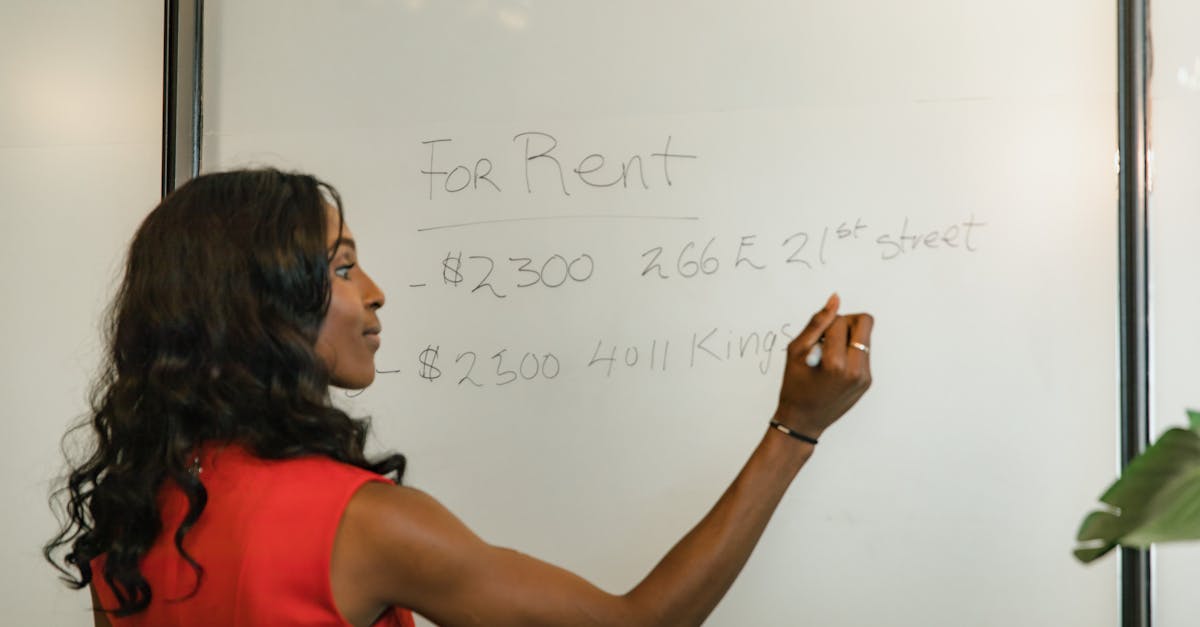The recent movement of the largest wave of Maui fire survivors into the Ka La‘i Ola modular housing project presents both challenges and opportunities for the local business landscape. This influx of residents, particularly those ineligible for FEMA assistance, necessitates a recalibration of resource allocation and a focus on sustainable community development. The project, situated mauka of the Lahaina Civic Center, aims to provide much-needed housing solutions, but its success hinges on broader economic recovery efforts and the availability of essential services.
The shift into Ka La‘i Ola highlights the complex interplay between affordable housing, impacted tourism, and the rebuilding efforts following the devastating wildfires. Entrepreneurs and investors in the area face a unique set of considerations, including the demand for construction materials, workforce challenges, and the need for supporting infrastructure. Furthermore, the long-term viability of these housing projects will depend on the community's ability to foster economic growth, job creation, and a stable environment for displaced residents. The Hawaii Free Press notes that the ability to rebuild post-disaster is a key concern.
The immediate implications extend to the hospitality sector's shifting dynamics. As temporary hotel housing phases out, the demand for long-term accommodation options becomes a primary focus. This affects not only real estate developers but also businesses that cater to residents, such as retail, healthcare, and education. Moreover, the Star-Advertiser reported on heavy rain in April, which underscores the need for resilient infrastructure and environmentally sustainable construction practices to withstand future weather-related events. This highlights the importance of planning and development in the wake of disaster-related events.
Local policymakers and community leaders must work together to facilitate a smooth transition for fire survivors. The focus should be on creating a supportive ecosystem for residents as they recover, providing opportunities for small business development, and attracting investment. This will be crucial in achieving sustainable and equitable recovery from the Maui wildfires.



